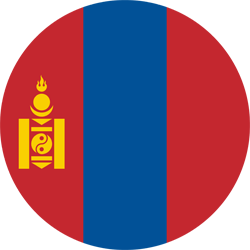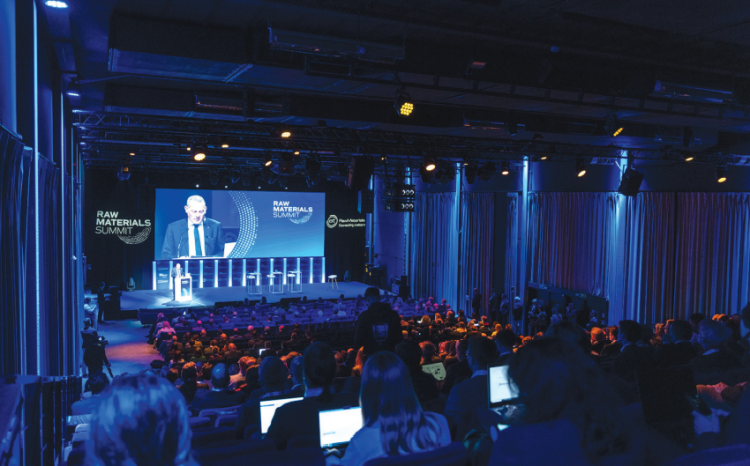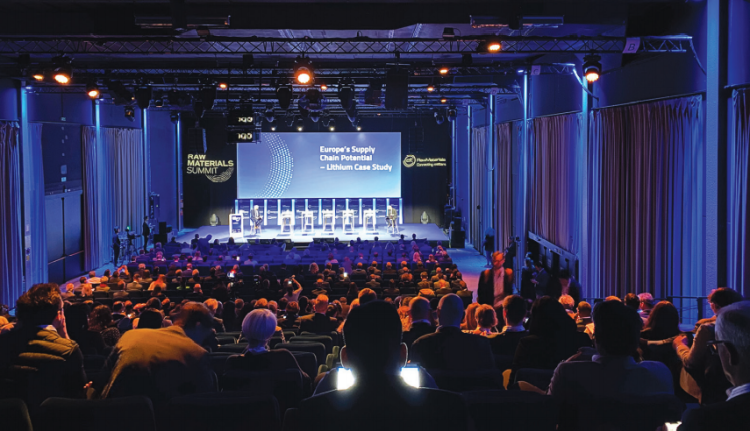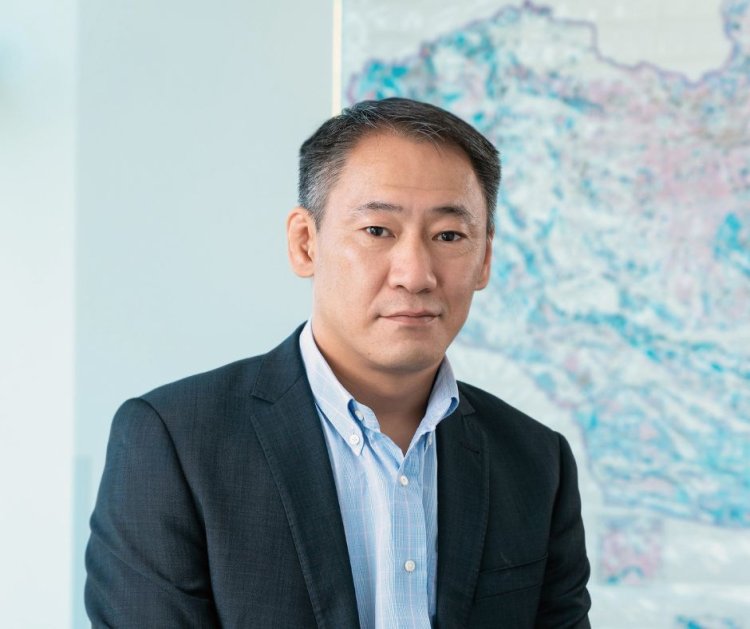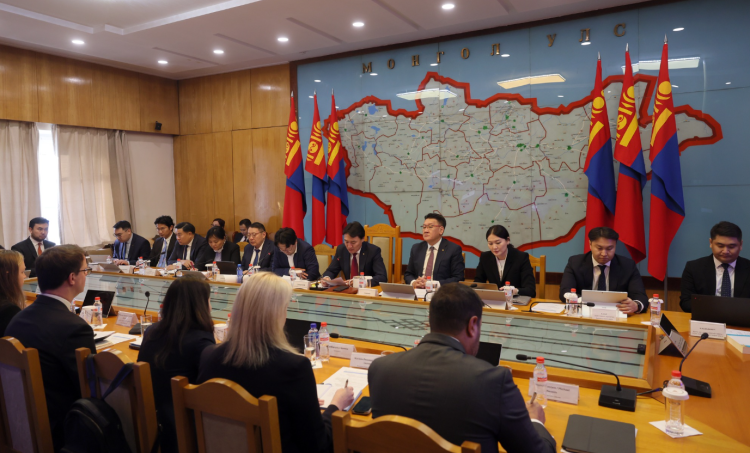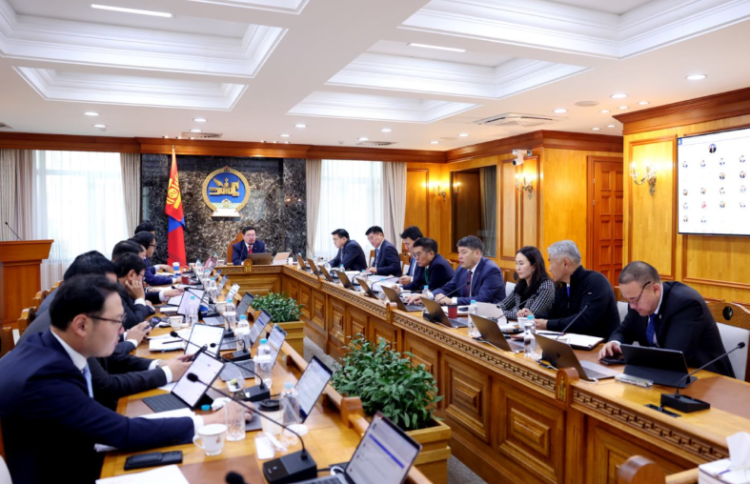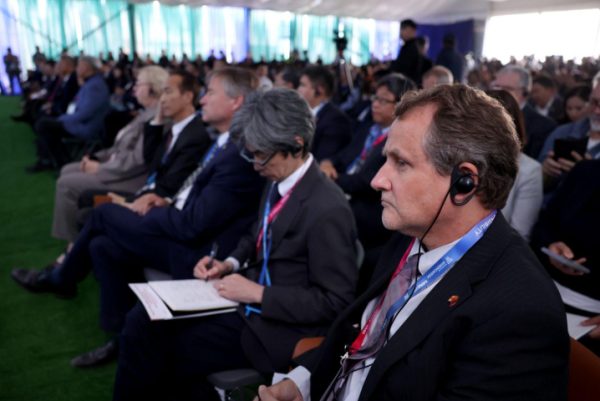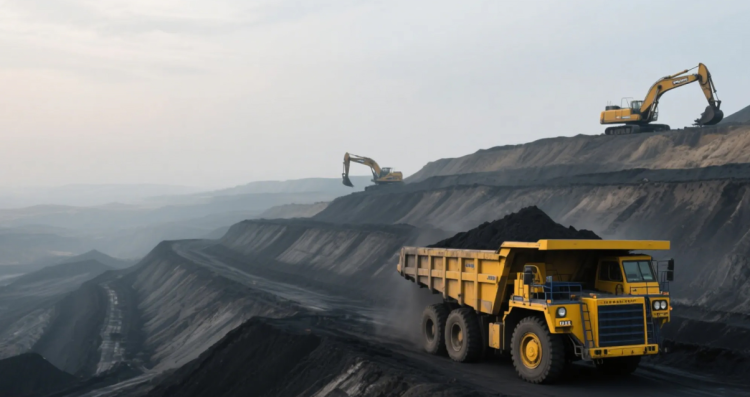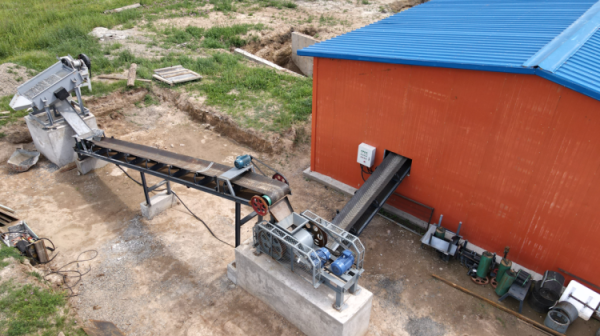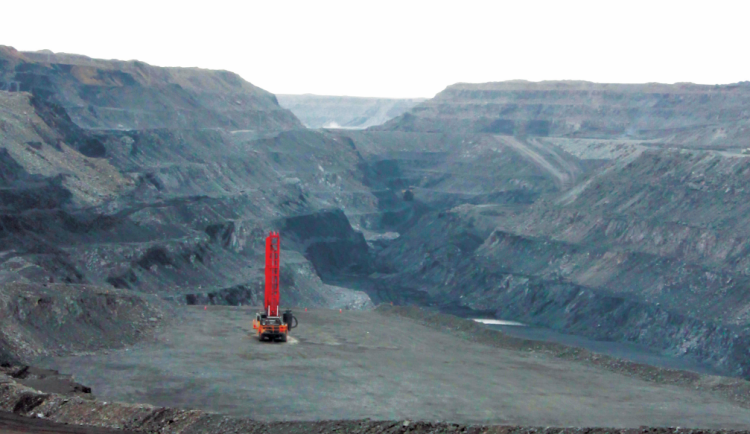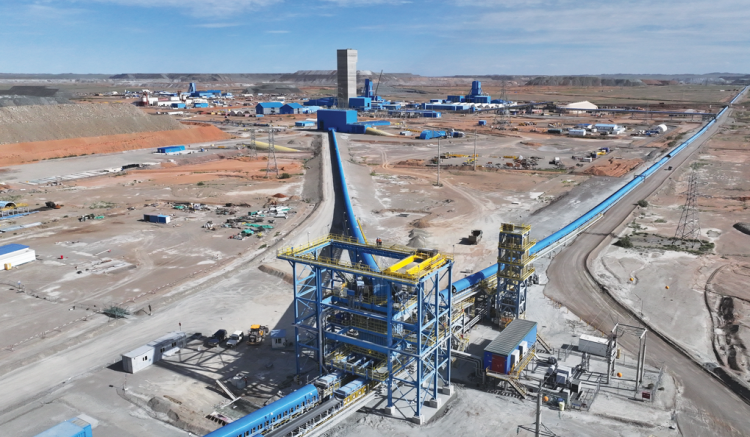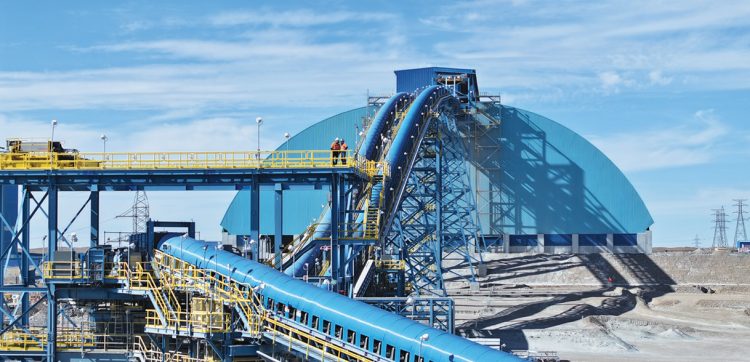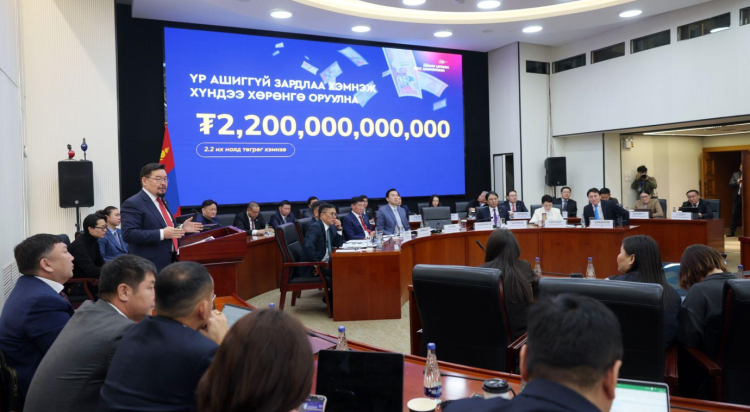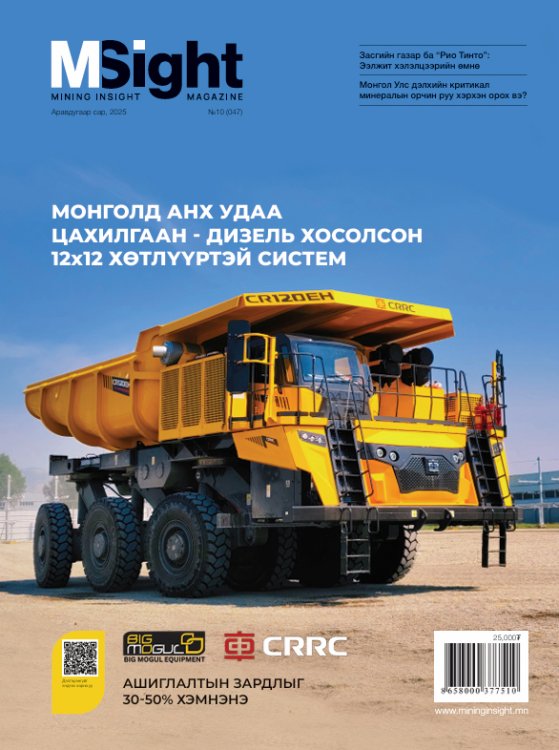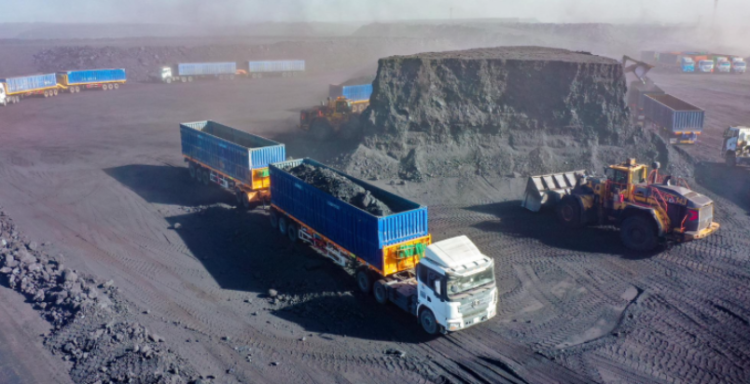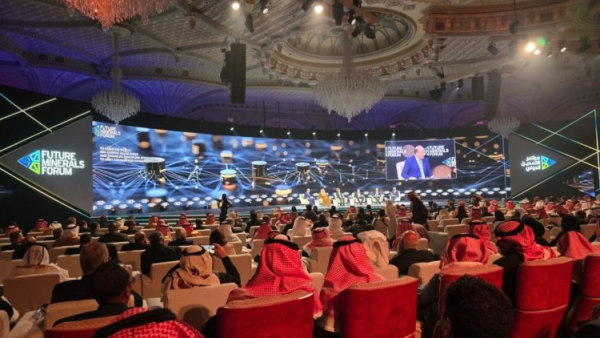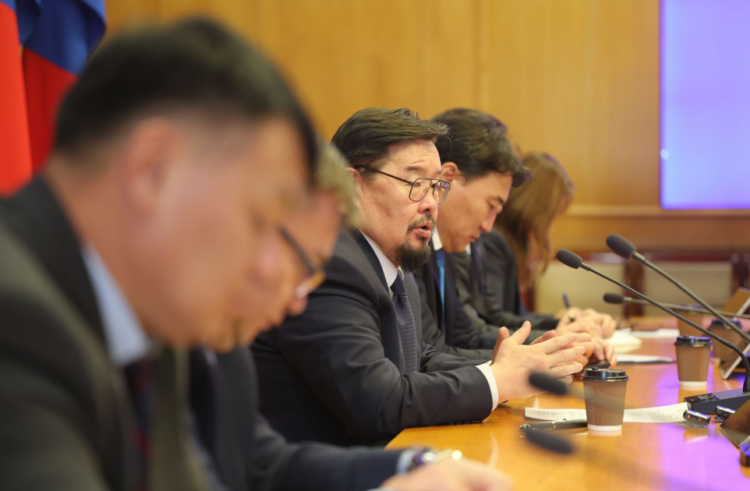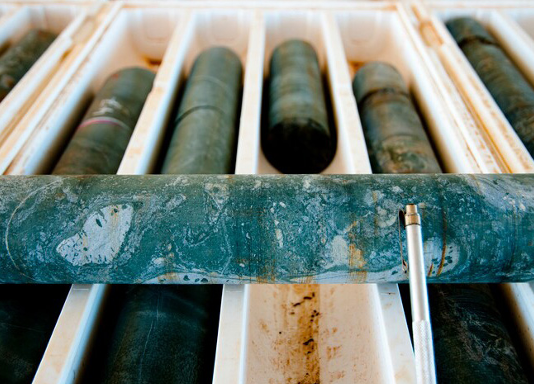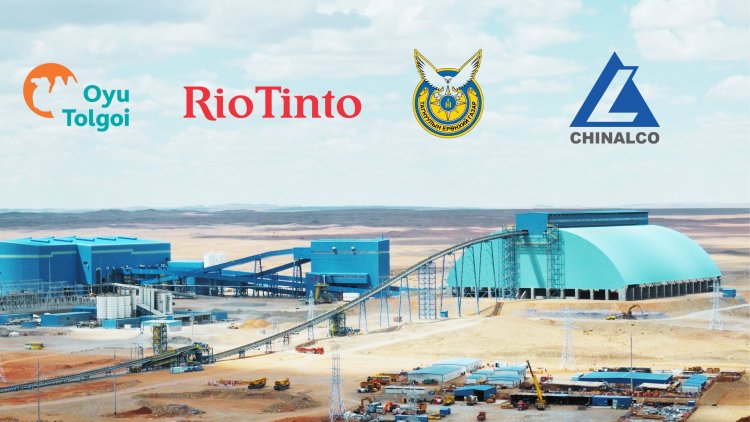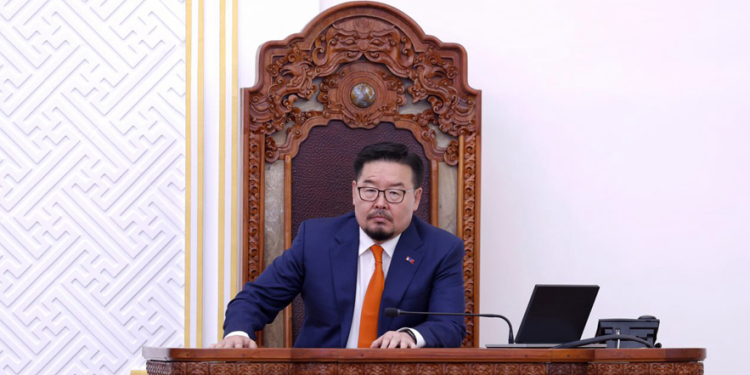The 5th edition of the European Raw Materials Summit took place on May 15-17 at the EGG Center in Brussels, Belgium, the bustling hub of the European Union. Despite its youth, the 5th European Raw Materials Summit has emerged as the premier event in the European mining industry, experiencing a consistent rise in participant numbers. Alongside conferences boasting nearly a century of history, like PDAC in Toronto and Mines and Money in London, it has garnered significant attention. The summit excels in intuitive organization and security measures, reflecting the seamless European event culture that prioritizes order and comfort, evident even in the choice of refreshments, from coffee to tea. The 5th European Raw Materials Summit is organized by EIT RawMaterials (EITRM), an independent organization in partnership with the European Institute of Innovation and Technology of the European Union (EU). EITRM's main activities occur in the Regional Innovation HUBs, where they collaborate with over 300 European public, private sector, and research organizations. At the conference, the "Innovation Village" showcases the products and services of startup companies dedicated to raw material research, new product development, and reuse, providing them with a platform to introduce their innovations.
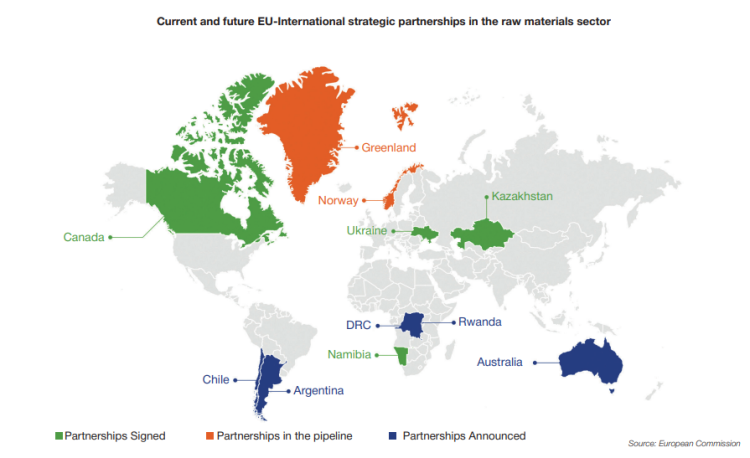
THE EUROPEAN CRITICAL RAW MATERIALS ACT
The 5th summit focused recently in March 2023 introduced the Critical Raw Materials Act of the European Commission and on energy transition and mining sector concerns, fostering meaningful discussions on these vital topics. The EU has classified 34 raw materials as critical under the Critical Raw Materials Act, based on two primary criteria: economic importance and supply risk. This act not only encompasses the list of raw materials but also addresses fundamental aspects such as land for exploration, workforce, financing, and market access. In terms of the market, specific goals have been established to be achieved by 2030.
The EU aims to achieve the following targets for critical raw materials:
∙ At least 10 percent of the EU’s annual consumption for extraction
∙ At least 40 percent of the EU’s annual consumption for processing
∙ At least 15 percent of the EU’s annual consumption for recycling
∙ No more than 65 percent of the EU’s annual consumption from a single third country
At the 5th Summit, specific attention was given to the significant reliance on a single country for a substantial portion of raw materials supply, highlighting the issue of dependency on a single source. For instance, as of March 2023, EU countries were sourcing 100 percent of rare earth elements from China, 99 percent of boron from Turkey, and 71 percent of platinum from South Africa. A survey conducted during the meeting gauged the perception of the Critical Raw Materials Act, with 54 percent of participants expressing that it was fair and 39 percent stating it was good. The act received appreciation from speakers and conference participants, highlighting its positive reception. The State Secretaries of the Ministries of Economy and Raw Materials from France and Germany participated in the conference, emphasizing the pressing need for countries to promptly implement the approved act once it receives European Parliament's approval.
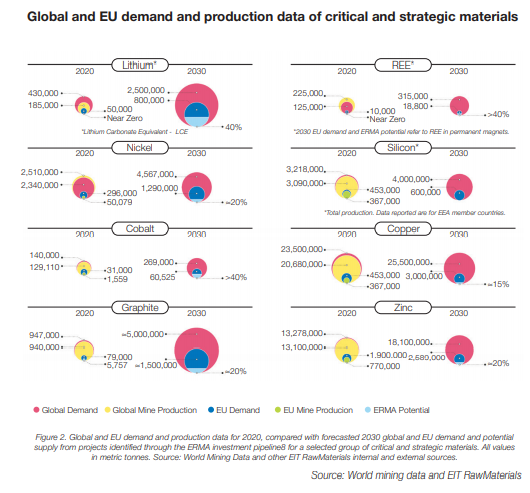
They further announced the establishment of financing funds by their respective countries. France has committed to providing an initial financing of EUR 2 billion, while Germany is in the process of finalizing the creation of its fund. The EU emphasizes the need for a central organization to oversee critical raw materials, providing a streamlined one-stop service. This approach aims to optimize the licensing and renewal process for domestic extraction, processing, and reuse while relieving the burden on relevant government agencies. Additionally, the approval period for strategic projects has been shortened to 12-24 months, ensuring that environmental and social protection standards remain high. Member states are also obligated to develop and implement national programs to study geological resources. Despite the ongoing development of recycling technologies, the separation of multiple elements continues to pose challenges, as observed by various stakeholders, including companies in the field. However, research institutes have expressed optimism, stating that new possibilities are on the horizon through collaborative efforts. Countries like the Netherlands are prioritizing re-use technologies and boosting investments in research and innovation to address these challenges. While our commitment to combating climate change and achieving our goals by 2030 and 2050 remains steadfast, it is evident that exploration and mining activities will persist until technological solutions are discovered.
EU DOMESTIC SUPPLY OPPORTUNITIES AND COMMUNITY ISSUES
Eastern and Southeastern Europe present favorable conditions for exploration and production activities, surpassing those in the West. This offers a significant opportunity for the EU to enhance its domestic supply of raw materials. Colin Mackey, Managing director for Jadar and European operations at Rio Tinto, emphasized during the meeting that the Jadar project in Serbia has not been abandoned. With the support of the government and the public, there is a hopeful outlook for the project's continuation. During the summit, participants expressed their views on the level of support from European citizens for mining activities.
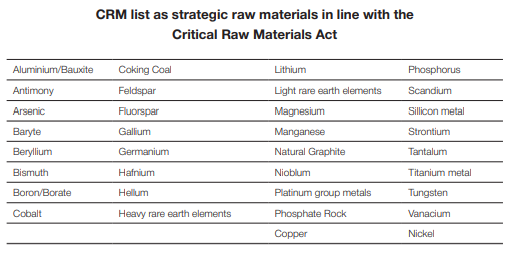
The consensus was that obtaining social consent would be challenging. To undertake exploration, mining, and processing within the EU, it was emphasized that comprehensive considerations, including serious discussions with citizens, utilizing advanced technology, and addressing local needs and development issues, would be essential. Opposition from local communities and citizens can be expected, highlighting the importance of companies being prepared to address such concerns. During the session on May 17, the focus was on local topics, with companies sharing their experiences. The panelists unanimously highlighted the significance of information transparency. Ruben Shiffman, Executive Chairman of "Greenland Resources," emphasized the need to thoroughly understand the local area's characteristics and establish suitable local relationships and collaborations, emphasizing the importance of tangible actions. According to Petr Palkovsky, President and CEO of "Euro Lithium" fear arises when people find themselves in a dark room with closed doors. To alleviate this fear, it is crucial to open the doors to transparency and ensure the availability of information. As a step towards transparency, "Euro Lithium" established an information center. Mr. Palkovsky emphasized the effectiveness of considering themselves as part of the community, actively identifying and addressing local issues in collaboration with the local people. Stefan Debruyne, Director of External Affairs at SQM International, emphasized the importance of avoiding a strictly business-oriented approach when interacting with local communities. Recognizing that obtaining a social license requires a comprehensive strategy and tangible actions, Debruyne highlighted the significance of actively listening to the concerns and perspectives of local people as a primary step.
ACCESS TO RAW MATERIALS AND EU STRATEGIC PARTNERSHIPS
The EU recognizes that reducing reliance on a small number of countries for raw materials requires establishing partnerships with countries abundant in resources and sharing similar values. These partnerships will be founded on a comprehensive and mutually beneficial approach, taking into account the expectations of partner countries.
For instance, if a partner country expresses interest in promoting local processing and industrialization, it will be given due importance. Another crucial aspect of the partnership entails encompassing the entire raw materials chain, ranging from exploration to recycling, through businessdriven initiatives. This includes considerations such as adherence to ESG and international standards, collaboration on research and innovation, infrastructure development for implementation projects, and capacity development of human resources across all stages of the chain. The EU Global Gateway strategy will determine the necessary budget and methodology for implementing these initiatives. A total of EUR 300 billion is earmarked for targeted EU activities from 2021 to 2027 under this strategy. The EU has already established partnership agreements with Canada, Namibia, Ukraine, Norway, and Kazakhstan. Additionally, it has expressed readiness to sign an agreement with Greenland and initiated negotiations with Argentina, Australia, Chile, Congo, and Rwanda. During the summit, government officials from Quebec, Ukraine, Kazakhstan, Greenland, and Norway shared insights on critical raw materials in their respective countries. They discussed policies, ongoing processes, future exploration, and production plans while extending invitations to investors and mining companies to explore opportunities in their countries.
From Brussels 2023.05.15-17
Mining Insight Magazine №05 (018), May 2023
